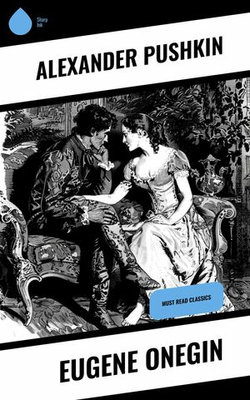'Eugene Onegin' is a quintessential work of Russian literature that encapsulates the emotional and social landscape of early 19th-century Russia. Written in a unique blend of verse and narrative, this novel in verse employs the vibrant and innovative use of the Onegin stanza-a format Pushkin himself ingeniously crafted. The story follows the disillusioned aristocrat Eugene Onegin, exploring themes of love, regret, and the profound impact of societal conventions on personal freedom. Pushkin's masterful use of wit, irony, and rich imagery creates a compelling aesthetic experience, showcasing the tensions between romantic ideals and stark realities. Alexander Pushkin, often hailed as the father of Russian literature, drew on his own experiences of love, longing, and social entrapment to create this seminal work. His aristocratic background and exposure to the vibrant cultural milieu of St. Petersburg informed his perspectives on Russian society's complexities, which are intricately woven into the tapestry of 'Eugene Onegin.' His literary genius lies in his melding of personal introspections with broader societal critiques, giving the novel a timeless quality that resonates with readers. Readers are invited to delve into 'Eugene Onegin' not only as a riveting narrative but as a profound exploration of human emotions and societal expectations. This masterpiece offers a lens through which one can appreciate the intricate layers of character and theme, making it essential for students and enthusiasts of classic literature and those seeking to understand the nuances of the human condition.



Share This eBook: